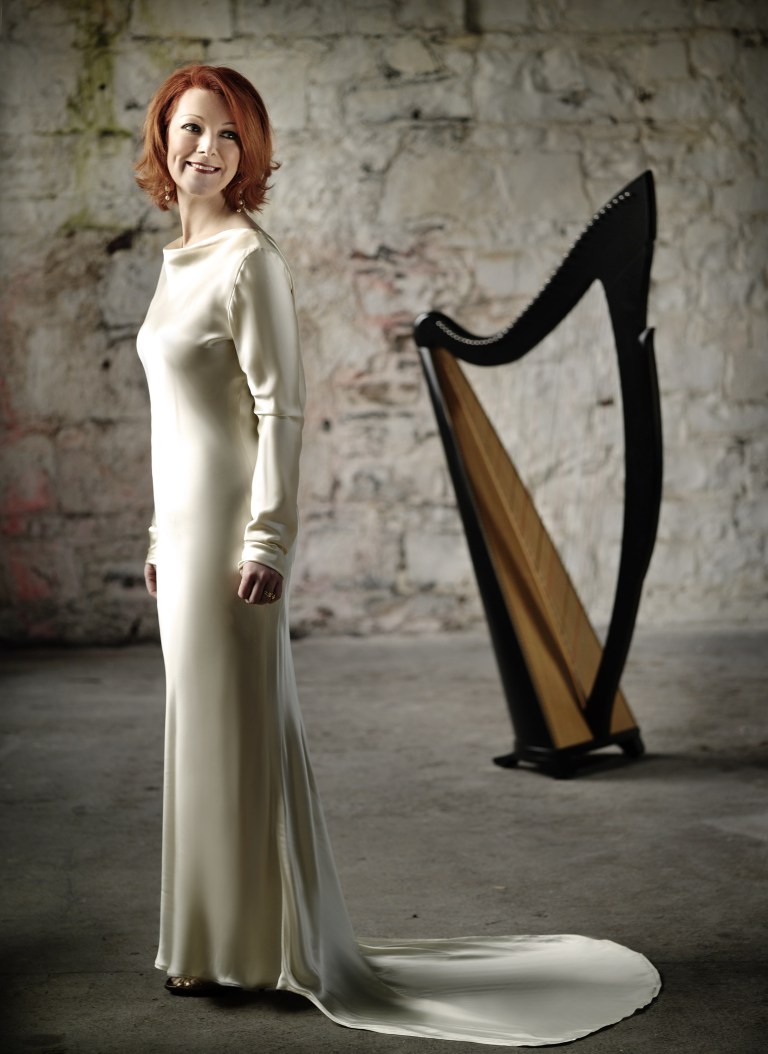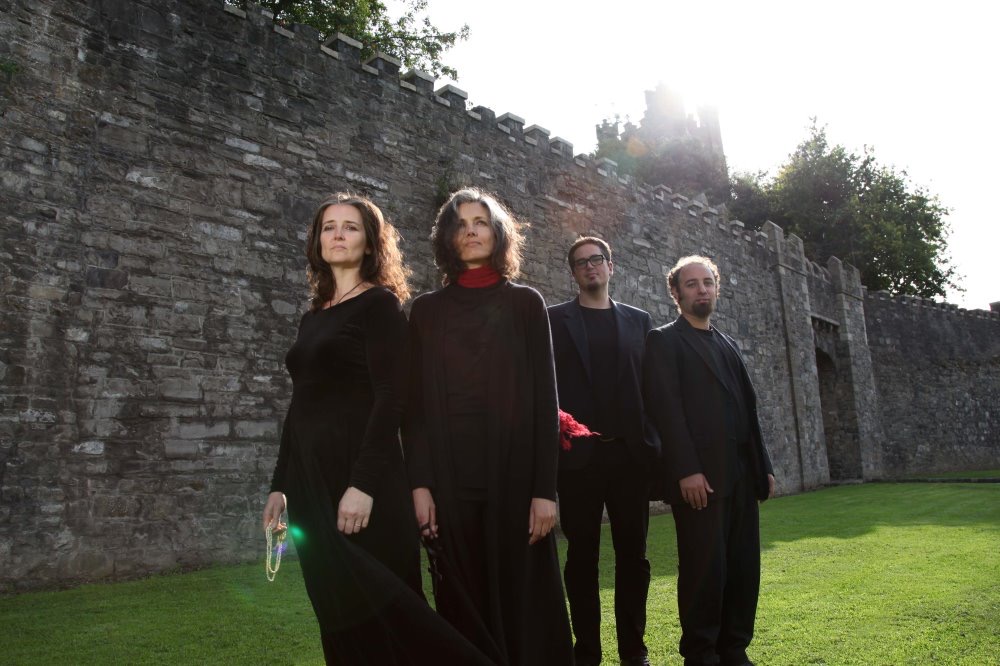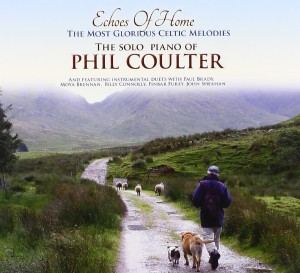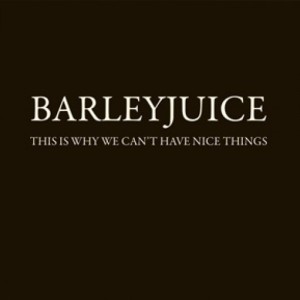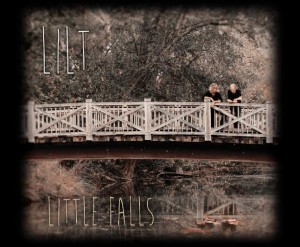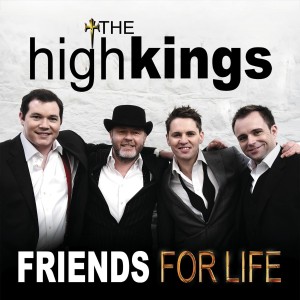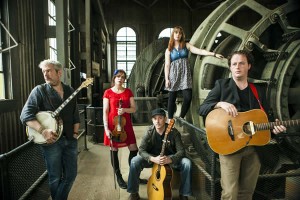
Solas
About a year ago, fiddler Winifred Horan and accordion player Mick McAuley—bandmates in the Philadelphia-based Irish supergroup Solas—played an intimate house party in Ambler. About midway through the performance McAuley sang a new song he and Solas front man Seamus Egan had written about early 20th century Irish immigrant Michael Conway, who ventured to Butte, Montana, to join droves of other Irish emigres who found work in the lucrative local copper mines.
Within six years, Conway lay dead in the streets. Many Butte miners died young, but Conway’s death came at the hands of local lawmen, who beat him viciously as punishment for stubbornly refusing to throw a bare-knuckled boxing match.
Horan, visibly moved, wiped tears from her eyes as the song came to a close. Hers were not the only misty eyes in the room.
McAuley’s performance was a sneak preview of a then relatively new musical and visual Solas project called “Shamrock City.” Conway was the great uncle of Seamus Egan’s father, so Egan family lore inspired the project. Several of the tunes were available on an EP sold at concerts and in other venues, and the band previewed them in concert over the past year, including an appearance at World Cafe Live. The full-length CD has just been released, and no doubt you’ll hear much more about it—and much more music—when Solas returns to the World Cafe for two shows on the evening of Saturday, February 9. (Learn more here.)
“Shamrock City” is easily on a par with anything that has been written, played or sung about the hope and heartbreak at the nexus of most Irish diaspora tales. It might even be better in that it stands not as one song or two, but as a unified whole, a complete and compelling story.
Solas has more than a little help bringing “Shamrock City” to life. The cast of contributing musicians is like a who’s who of contemporary folk, roots and Celtic music, including Natalie Haas on cello; Lunasa bassist Trevor Hutchinson; Dirk Powell on five-string banjo; singer and fiddler Rhiannon Giddens of the Carolina Chocolate Drops; Philadelphia dobro virtuoso Mike “Slo-Mo” Brenner; Scottish singer Dick Gaughan; Aoife O’Donovan, lead singer of the bluegrass band Crooked Still; and the British-style Allegheny Brass Band.
Longtime Solas associates bassist Chico Huff and percussionist John Anthony (who also recorded and mixed the CD) also appear.
The album opens with “Far Amerikay,” another ballad written by McAuley, who shares writing credits with Seamus Egan on this and several other tunes. It’s about what you would expect—a tale of leaving—but with some particularly lovely lyrics like this poignant mother’s lament: “God knows it’s not for glory, son, we just have to make some room. / My heart will surely break for you, sweet treasure of my womb.” Solas lead singer Niamh Varian Barry takes the lead on this one, with deep, droning backing chords by Natalie Haas. It’s a finely drawn piece of work, and it sets the stage for the story that follows.
There’s no escaping the sadness of life far from home, and that sadness gets an airing again later in the CD, with Varian-Barry’s heartfelt rendering of the traditional “Am I Born to Die.” But it’s not all gloom and doom—far from it.
Take, for example, Seamus Egan’s whimsical instrumental “Girls On the Line.” You can probably guess what kind of girls they are. And Rhiannon Giddens takes a turn as a kind of taproom chanteuse in the old-timey “Lay Your Money Down,” another McAuley-Egan collaboration. (“Drinks are on the house now, sonny, the sweetest deal in town / You can’t take it with you, honey, so lay your money down.”)
Some lively clogging dancing starts out “High, Wide and Handsome,” with Winnie Horan taking the lead. You can practically feel her fiddle bow disintegrating. Horan also takes the spotlight in one of her own compositions, the wistful waltz, “Welcome the Unknown,” with Egan on low whistle.
Probably the one tune destined for “RPT” play on my CD player is the rebellious “Tell God and the Devil,” leading off with percussive banjo picking by Egan, lead vocals by Varian-Barry, with tight backup vocals by McAuley and the talented longtime Solas guitarist and keyboard player Eamon McElholm, who consistently provides some of the best harmony in the business. Little more than indentured servants they might be, the song seems to say, but these miners are tough, resilient SOBs.
The final tune, “No Forgotten Man,” strikes a note of hard-won triumph against incredible odds, and leaves the listener with a feeling of hope. It’s a fitting and satisfying end.
This album stands out because there’s no slushy sentimentality on display anywhere; just a gritty but life-affirming authenticity. The homesickness, the harrowing risks, the cheapness of human life, the irresistible need to find pleasure in a pint of beer or in the arms of a goodtime girl—all the shared experiences of Irish immigrants in the town that became known as “the richest hill on earth”—all are encapsulated completely into the story of one bold young man from Cork, and the town that became his home, if for only a little while.
Like Michael Conway himself, with “Shamrock City,” Solas pulls no punches.

